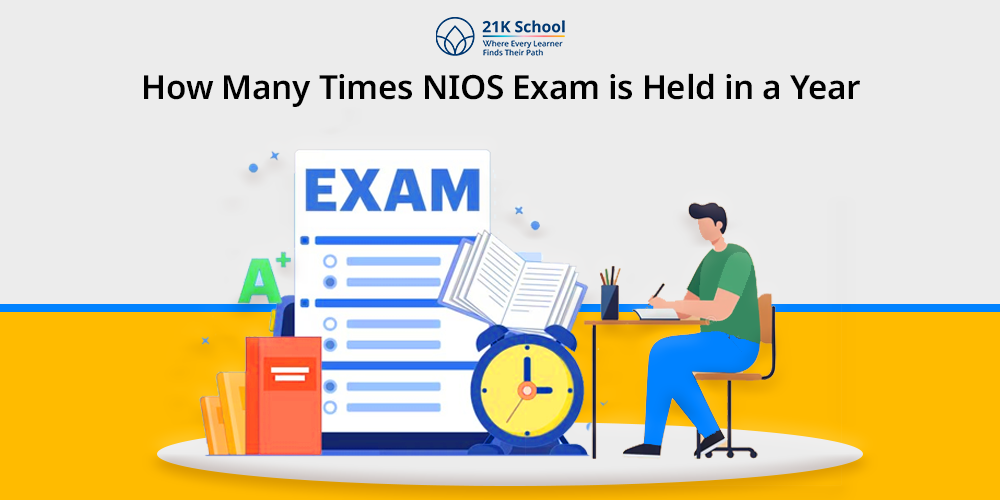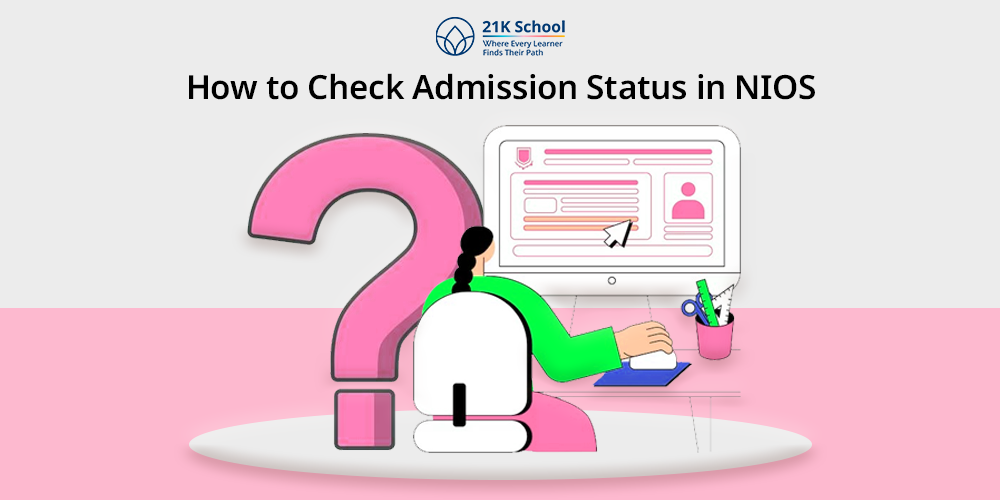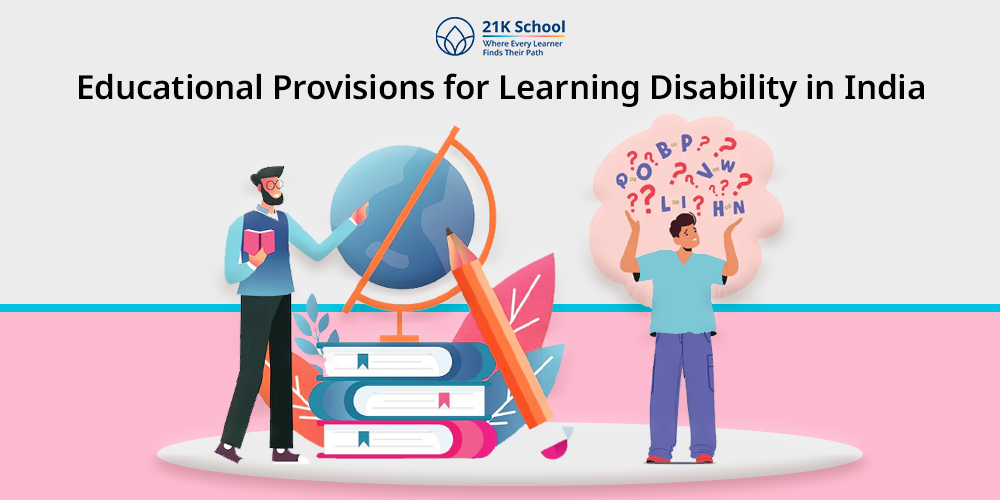
How many times do you sit before the amount of information you have to read to perform on examinations?
Revision in this time comes out as one of the most difficult things to do especially when you have limited time to address a large amount of syllabi.
But imagine if we say that revision is not such a difficult thing to undertake, in fact, it could be as much fun as anything else. But only when done properly.
Revision may be crucial since when doing a review you understand how everything works while at the same time having an opportunity to adjust the errors that you couldn’t see earlier.
So in this blog, let us introduce you to some of the most efficient and authentic techniques you can use while revising for your exams.
Why is Revision Important?
Before moving to the set of guidelines and strategies, let’s initially get a bit deeper into understanding why revision is an important part of exam preparation.
Revision is not merely a repetition of notes; it is a reassessment of knowledge to ensure you understood concepts and where comprehension is poor, you will discover a gap in your learning.
To pass deservingly into our examination, briefly understand why revision is so critical in preparation for the exam.
Revision in this respect isn’t about a rollover of the availability of notes but more the process of learning and knowing whether a specific point has been grasped or not and if any area has been overlooked in the learning process, deciphering it at the time of revision.
Here’s why revision matters:
- Strengthens memory retention: If you repeat something frequently, it will help your head sink into it hence making it easier for you to recall what you have read when giving the exam.
- Improves understanding: If you missed parts of a lecture or a reading the first time around, going over the presentation again helps you to address those issues and grasp concepts that you may not have understood the first time.
- Boosts confidence: To some extent, the more you are acquainted with the content, the better you will go to the exam hall.
- Reduces stress: A proper, structured, and regular revision helps eliminate the culture of cramming which leads to anxiety.
Knowing the value of revision, let’s proceed to discuss how to do it properly!
Revision Tips: Preparing for Exams
Following these top tips for making revision easy will help you at least make an early start and maximize the use of the best revision technique that aligns with your needs.
1. Start Early
One of the important factors that determines whether your revision will be effective or not is Time. i,e. How early do you start doing it?
Last-minute revision is not always effective and it creates a lot of unnecessary stress.
In an ideal world, it is advisable to begin the review as early as possible depending on the number of weeks or months that is remaining before the exams are due so that pressure is not applied.
Doing this allows for:
- More time to revisit difficult topics
- The opportunity to practise with past exam papers
- Better time management, so you don’t feel overwhelmed.
2. Decide What You’re Going to Revise
Not all the topics you are going to touch are created equal. Some topics will need more of your time than others.
The first best practice to follow is to determine which segments of the sample require more attention.
Break down your syllabus and determine:
- Which topics you’re less confident in
- The areas that are likely to appear in the exam
- What you’ve already mastered and can revise more quickly.
It will help you to target your weak points and save you ample time by not revising all those sections that you are quite confident in.
3. Make a Plan
It is good to develop a stick schedule once you know what you need to work on.
Breaking up your studying into daily or weekly time slots helps to stop you from cramming and helps you manage your time effectively so you can get through all the necessary material.
Here’s how to make an effective revision plan:
- Allocate time: Assign a specific time of the week or weekdays for each subject.
- Set realistic goals: The success of effective study should also be guided by the fact that it is in convenient packages of small study slots.
- Be consistent: you should work sternly according to your plan or your strategy of writing and always remember to rewrite your work.
- Include breaks: Take short tea or lunch breaks to recharge your brain and not get easily stressed out.
Also, if you want to know about GCSE revision tips, visit Expert GCSE Revision Tips for Successful Studying
4. Find a Revision Method That Works for You
In total, it is already clear that people have different approaches that they like to apply in the process of revision.
Here are a few common revision methods:
- Mind maps: A rather visual type of note-taking, a mind map is perfect for that person who loves to see correlations between different pieces of information.
- Flashcards: Flashcards are Suitable for the learning of facts, definitions as well as numerical and other formulas. You can take them in your pockets and revise them anywhere.
- Summarizing notes: This helps you in breaking and memorizing important points of interest.
- Videos and podcasts: If reinforcement seems to get boring to students, switch to educational videos or podcasts instead of the normal videos.
- Practice questions: It is better to bring some questions from the test and work through them to strengthen your memory and be confident in the type of test.
5. Test Yourself
The best way to understand that you are retaining information is by doing a self-assessment.
Whenever students self-evaluate, it is easier to figure out the area where they need more attention and reinforce learning.
You can:
- Take mock exams under timed conditions.
- Quiz yourself on key concepts.
- Ask a friend or family member to test you.
- Use apps or online quizzes designed for your subject.
6. Eat Healthily
Without eating well, your body cannot fuel your brain and your mind cannot function at its best.
These changes affect; how focused we are; how energetic; and how well we can memorize information; all regarding changes in the diet.
Include foods rich in:
- Omega-3 fatty acids: These can be obtained in fish such as salmon; these are good for the brain.
- Antioxidants: Blueberries as the matter has been mentioned are good cognition and the same is believed from dark chocolate.
- Protein: Proteins such as eggs, lean meat, and nuts will help you to be strong throughout the day.
- Whole grains: Complex carbohydrates include oats, brown rice, and quinoa that take time to digest offering you energy to work for several hours.
Do not forget to take enough water when revising to avoid getting much tired either through loss of appetite or thirst.
Along with eating well, it is important to sleep on time as well. Read, Value of Having a Constructive Bedtime Routine
7. Organize Your Revision Notes
During a revision, notes that are neatly written all over in a tidy manner can greatly improve a student’s performance.
Thus it will be easy if the following are clean, orderly, and sequential to your notes.
Here are some tips to help organize them:
- Use headings and bullet points so that the information being passed is duplicated in portion sizes that are easier to manage.
- To make these important terms and concepts easily noticed by other people, special emphasis should be laid on them.
- Group them based on the colour of the highlighter used and the topic also based on the level of information deemed important.
- Summarise at the end of each section this way so that you can easily go through when revising.
8. Use Past Exam Papers
One of the best ways of preparing for an examination is through the conduct of mock exams from previous years’ papers that were set and completed by students.
This prepares you on the layout, and kind of questions, and affords a sensible experience of how long you might take to complete the examination.
Be sure to:
- Do not refer to the notes while completing the papers.
- This way, you will see that there is a major overlap of points that is both good in that you are focusing on key components and bad because you are not adjusting the answers adequately.
- The best way to do this is to set a regular time in a bid to provide an exam-like experience.
Read Accessing GCSE Past Papers for Exam Success to know more about GCSE exam patterns
9. Teach Someone Else
What we need to point out here is that teaching also assists in reinforcement.
The best way to learn is when you take the time to demystify an issue, which you would explain to another person, and the process will deepen your understanding.
You could:
- Teach a friend or family member.
- Study in groups and take turns explaining different topics.
- Pretend to teach an imaginary class if no one is available.
This technique will help you spot any areas where you need further clarification.
10. Stay Calm and Positive
Finally, the stress aspect should also be paid special attention to as it is at this last stage of learning.
Stress leads to overshadowing of concentration and reduces the capacity of a person to remember things.
Here’s how to keep calm:
- Take regular breaks to relax and refresh.
- Take time to pray or contemplate to help lower your anxiety degree.
- Encourage yourself to read after a session of revision has been made.
- Develop success possibilities in the sense of picturing yourself passing the exam.
- Take enough rest to allow your brain to condition itself to absorb the details fed to it.
Must read How can students cope with study stress to overcome this issue mainly during exams.
Conclusion
Preparing for exams can be tough sometimes but if you know the right methods to do your preparation, it won’t be a daunting task any more.
In the blog above, we have precisely talked about what you need to follow and make your preparation journey easier and more effective. Follow the tips and get passed with flying colours. All the best!



